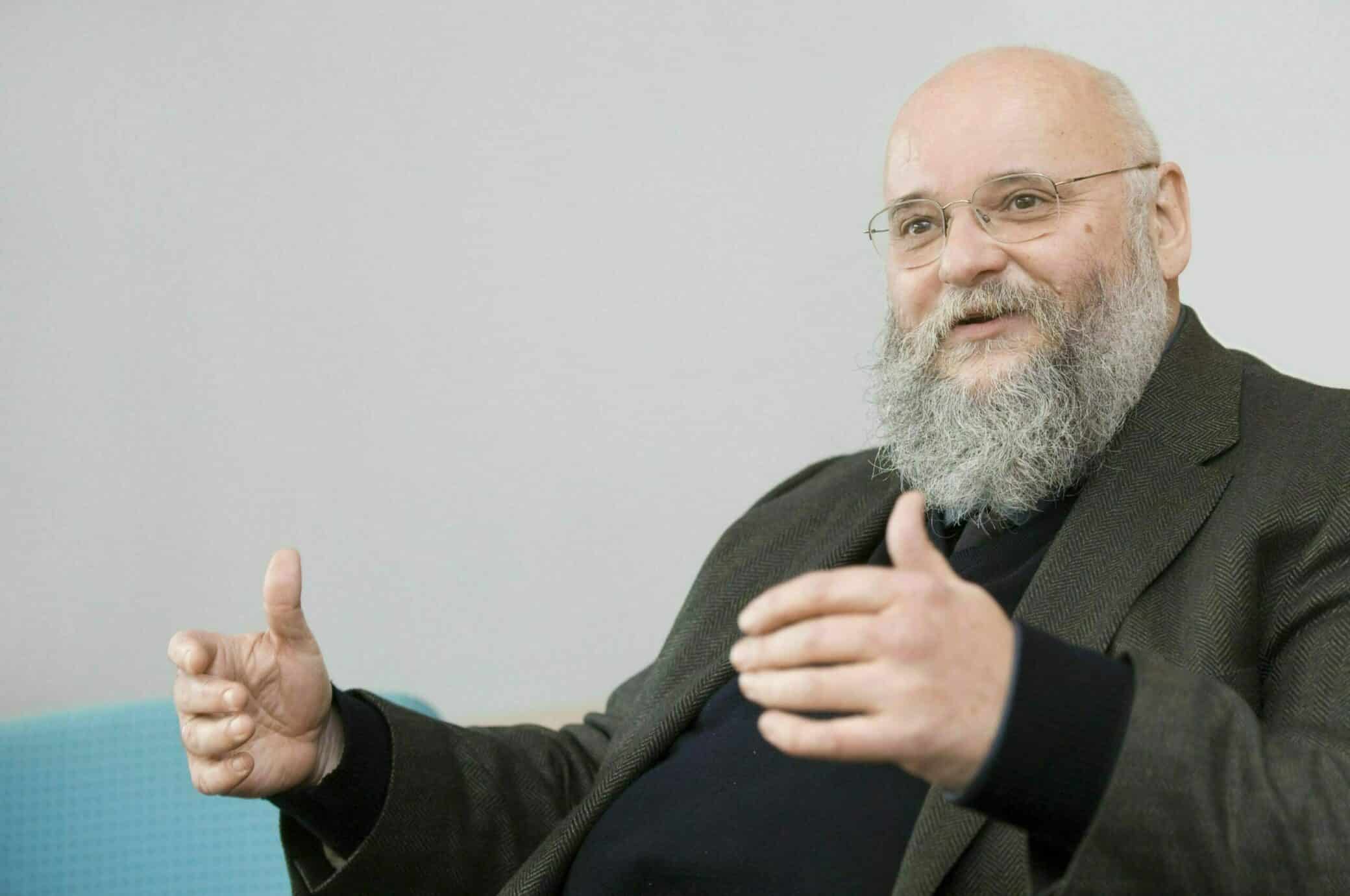We’re dealing with the “G8” glut of students and limited resources in the education sector. Do we really need international students on top of all that? According to Marcus Marcus Baumann, Rector of the FH Aachen University of Applied Sciences, we certainly do!
FutureMag: The FH Aachen characterises itself as a “regional university with an international orientation”. How do your international ambitions show themselves?
Baumann: Well, for example, in our close cooperation with foreign universities like the University of Wisconsin or the RMIT University in Melbourne. But also in our intense endeavours to attract foreign students.
FutureMag: Could you tell us more about that?
Baumann: At the end of the 1990s, it was very difficult to get young people interested in the idea of studying in Jülich. Jülich offers many advantages, for example its practical integration into research and development, but these weren’t enough to attract students and to fully utilise the capacity of the location. So we came up with the idea of specifically addressing young people from Asia, especially from China, who are all extremely keen on studying in Germany. Now, normally this is not an option for them because they can’t provide the required entry qualifications. That’s why we founded our Freshman Institutes. There, in one year, we bring them up to scratch. They learn German, strengthen their knowledge of subjects like Maths, and – after passing a final exam – are ready to participate in normal studies here in Germany.
A Freshman Year for 17,000 euros
FutureMag: And who pays for this?
Baumann: The freshmen. For 17,000 euros they get the full service for one whole year: a place in a hall of residence, meals and classes.
FutureMag: And after that?
Baumann: Then they’re on their own. And that seems to work really well. The programme is so well-known in China that we have more applicants than we can accommodate. Of course, that’s also because, in contrast to other countries like the USA or the Netherlands, you don’t have to pay tuition fees here in Germany once you’ve managed to get into a regular study programme.
FutureMag: So how many international students do you have at the FH?
The majority of them – nearly 1,500 – come from Asia, from China, Vietnam or Korea. And then we have 916 students from European countries, more than 250 Africans and almost 100 Americans.
FutureMag: Where do most of your students come from?
Baumann: 80 percent of our students at the FH Aachen come from the region, from within a radius of 60 kilometres. That suits us fine because our primary objective is to be there for young people from the region and to provide them with first-class preparation for their future careers.
FutureMag: Are seminars held in English at the FH?
Baumann: In our Master’s Programme there are complete degree courses that are held in English. After all, especially in technical subjects – and they account for 85 percent of what we offer here – English is the lingua franca. Technical jargon is saturated with English terms, and English is indispensable for today’s globally networked professional life.
FutureMag: How does that go down with the local students?
Baumann: Very well. When someone enrols for a course of studies held in English, it’s a conscious decision.
“When someone goes home, they take an appreciation for Germany back to their home country with them.”
FutureMag: Why do we need foreign students?
Baumann: Well, I could go on for hours about all the fantastic intercultural encounters: the meals together, the fascination and wonder generated through meeting unfamiliar cultures face-to-face. That’s already a tremendous asset in itself. But I’m well aware that such arguments alone are not sufficient to justify the enormous expenditure. The point is that, after their studies, these young people usually work for three or four years in Germany, and become more and more familiar with our culture. When they finally return to their own countries, they’re available to local companies there who need people with a German background. Take VW in China, for example. They’re always desperately looking for technical staff who know what makes the Chinese economy tick and – at the same time – are committed to German quality standards. And Chinese companies that trade with Germany or operate as suppliers to German companies are, of course, also dependent on having staff with intercultural skills.
FutureMag: What do you say to the critics who complain about a brain-drain of precious know-how when graduates return to their home countries?
Baumann: Yes – of course that happens. But what’s the alternative? In view of demographic developments we urgently need qualified young people, wherever they come from, if we are to maintain our production capacity and, ultimately, to keep our society up and running. And the ones who do go back don’t just export their know-how. They also take an appreciation for German culture back to their home country with them. Anyone who has got to know Germany will prefer to make business with us – not war.



